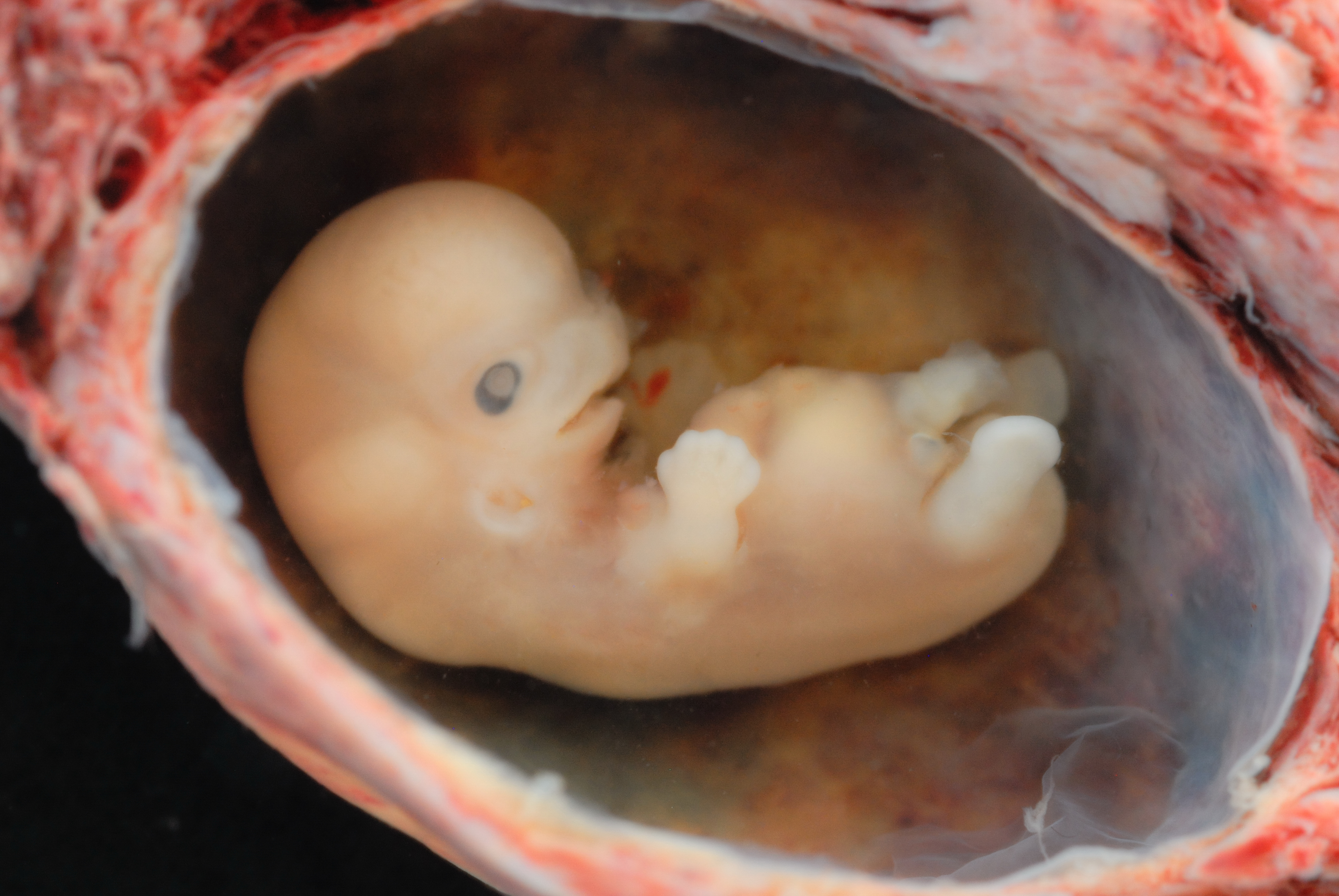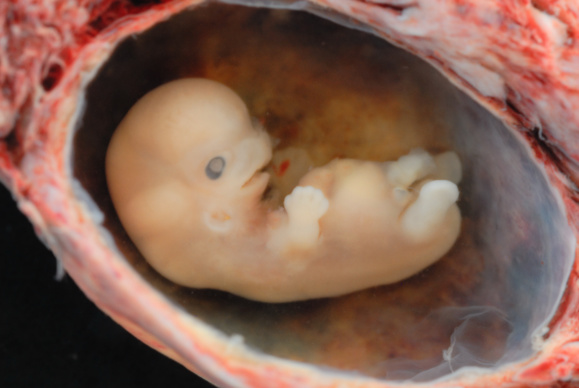"As a family, we have to help each other," Navarro, who is expecting to give birth the baby in early February, told The Salt Lake Tribune newspaper.
Navarro, a nurse's aide, had to undergo tests to ensure she was physically fit to give birth. She had been menopausal for about 12 years but gave herself hormone shots every day for three months to prepare for being implanted.
She and her daughter also had to sign contracts about parental rights and take three months of state-ordered counseling.
"The psychologists wanted to make sure we knew what we were getting into -- that we were mentally prepared," said McKinnon. "Mostly, surrogacy contracts are with people you don't know.
"It was weird to have a contract with my mom."
Doctors gave her only a 45 percent chance of an egg being successfully implanted. But it worked the first time, and the pregnancy has gone smoothly, with no morning sickness, cravings or discomfort.
McKinnon read up on pregnancy tips.
"I told her to drink more water... not to eat peas -- I had heard they were bad -- and not to cross her legs because it might hurt her circulation," McKinnon said of her mother.
But Navarro reminded her that she had given birth to two daughters, and "knew how to do it, thank you very much."
"It's worked out better than I ever expected... I didn't want to get my hopes up, but we haven't had any complications," said the baby's father Micah McKinnon.
"I'm pretty happy about it," he said.
The McKinnons said they would like more children, after the soon-to-be birth of their first baby from eggs fertilized in vitro.
"We still have five embryos left," said Lorena McKinnon.
---------------------------------------------------------------------------
Navarro, a nurse's aide, had to undergo tests to ensure she was physically fit to give birth. She had been menopausal for about 12 years but gave herself hormone shots every day for three months to prepare for being implanted.
She and her daughter also had to sign contracts about parental rights and take three months of state-ordered counseling.
"The psychologists wanted to make sure we knew what we were getting into -- that we were mentally prepared," said McKinnon. "Mostly, surrogacy contracts are with people you don't know.
"It was weird to have a contract with my mom."
Doctors gave her only a 45 percent chance of an egg being successfully implanted. But it worked the first time, and the pregnancy has gone smoothly, with no morning sickness, cravings or discomfort.
McKinnon read up on pregnancy tips.
"I told her to drink more water... not to eat peas -- I had heard they were bad -- and not to cross her legs because it might hurt her circulation," McKinnon said of her mother.
But Navarro reminded her that she had given birth to two daughters, and "knew how to do it, thank you very much."
"It's worked out better than I ever expected... I didn't want to get my hopes up, but we haven't had any complications," said the baby's father Micah McKinnon.
"I'm pretty happy about it," he said.
The McKinnons said they would like more children, after the soon-to-be birth of their first baby from eggs fertilized in vitro.
"We still have five embryos left," said Lorena McKinnon.
---------------------------------------------------------------------------









 Home
Home Politics
Politics











